Our taxi driver in Jordan was talking up the food available in the area. “Including some wonderful fish from the Dead Sea!” he added with a smile and a flourish. It took me a half-second to realize what he just said. “There are no fish in the Dead Sea!” I declared, calling his bluff, as he smiled at me.
The Dead Sea sits gently and precariously between Israel, Jordan, and the Palestine Territories, stretched out like the corpse that it is. It’s been there, and has been dead, for thousands of years. No fish, or any other creatures. The land around it is dry and barren. Sounds like a place to well avoid if you hope to live long and prosper, but no, people flock there and you should consider doing likewise. Your choices involve from which country to access it, and what level of accommodation. The choices in both categories are limited.
The largest cluster of accommodations is around Ein Bokek, in Israel. This is on a southern extension of the main body of water, a part that would have dried up by now except for the water that the Dead Sea Works pumps in. It’s the same sea through, no worries. Ein Bokek is crammed with hotels. It’s not really a town, just a large cluster of hotels and other business for visitors. Other attractions are nearby, such as Masada and some national parks, but people come here to take the waters. The other main area people visit in Israel is on the main body of water, but the hotel choices are much better in Ein Bokek.

The view in Ein Bokek
Another choice is to base your visit in Jordan, as there are a cluster of hotels at the lake’s northeastern corner. Word is that it’s cheaper to stay in Jordan rather than in Israel, but Israel is far more popular, and we found the rest of Jordan to be damn expensive enough.
If you just want to day-trip to the area to experience the waters, no problem. Distances are not great around here. The sea is an hour’s drive from Amman and two (to Ein Bokek) from Jerusalem. On the Jordanian side especially, expect a decently hefty fee for beach (not really a beach, more of a shoreline, but whatever) access that should include showers, changing rooms, towels and such. 25JD and up. ($35 USD) You need a freshwater shower afterwards, absolutely, and you should rinse out your bathing suit well.
On the Israeli side, you can take a bus from Jerusalem (Line 486, 1.5 hours) to Ein Gedi beach, where there are showers and restrooms. People have camped there for free, but I’m not certain how common that is. The sea, some hostels, and a national park with trails are all there, but not exactly right next to each other. If you’re on foot, you’ll be walking a half-hour between spots.
Wherever you go, take a drive along the shore if you have wheels, because the desolate setting is gorgeous, full of unexpected colors and craggy landscapes. They area is not crowded at all, so you’ll be out in the open soon. I had no idea this land was so beautiful, and it’s a prime reason to visit, even if you don’t care about the water.

We drove from Nazareth in the north into the West Bank, following Route 90 along the Jordan River (a non-sight) down to the west shore of the Dead Sea and then crossing back into Israel. If you’re worried about driving into Palestine, no problem, Route 90 is quite fine, as is Route 1 from Jerusalem. On the Jordan side, there is much to do south of the main Dead Sea tourist area, including springs and waterfalls and hikes.
Crashing around the Dead Sea is not cheap, but before you gasp at the prices, remember that it probably includes buffet meals and that the hotels are huge and includes spas, pools and other amenities (check well). Your room will be spacious enough and the place may have its own private waterfront to the Sea. I’m normally a flophouse type of accommodation person, but there’s little choice around here. The going rate for mainstream hotels, in US dollars, starts close to $200 a night, and goes way up.
For lower-end accommodation, hostel-like places start around $25 for bunk dorms around $80 for private rooms. Almost every hostel I’ve looked at in the area is not right on the sea–you have to use some sort of transportation to get to the water, so check carefully. I found car rental in Israel to be insanely cheap, though gas prices are not.
Enough, let’s get to the water. Floating in the Dead Sea is about as cool as you’ve heard. We spent ages in the water, just marveling at the stuff.

Allow me to set the scene. The Dead Sea is the lowest point on earth, by quite a bit. Elevation is 413 meters below sea level. The air is dense, with the highest barometric pressure on earth and 10% more oxygen than at sea level. The dense air filters out more harmful sun rays, so you won’t get burned so easily. The water is 300 grams of mineral content per liter, meaning 30% solid, which is why you float so easily. It contains 20 times as much bromine, 15 times more magnesium, and 10 times as much iodine as the ocean. And ten times more salt. Bromides (a component used in sedatives that calms the nerves) evaporating from the surface of the Dead Sea contribute to a relaxed feeling of well-being. You’ll chill out more, as you’re being lightly drugged.
It’s all supposed to be very healthy—the air, the mud, the water, so much that some people come for two-week treatments. I’m not the only one who finds the idea strange that something so dead is so healthy. The sea has been dead for over 2,000 years, and people used to shun it. It was believed that no bird could fly over the sea without dropping dead. People knew of its properties–Cleopatra loved Dead Sea beauty products–but no one went there for fun.
Being 30% solid means your body is super-buoyant in the water, and floating in the sea is great fun, but one must be careful. The water is poison. Swallowing even a few gulps is very dangerous, if you could even keep it down. Get but a tiny drop in your eye and it will slam shut in agony. One drop in your mouth and you’ll spit for one minute. Your body movements must be slow; you can’t risk splashing much water around. Dunking your head underwater is unthinkable, just way too dangerous. While you’re in the sea, the mineral water is sucking the fresher water out of your body, so hydrate yourself afterwards. Any cuts on your body, even microscopic ones from shaving, will react to the water and burn. Any jewelry you are wearing may be ruined by the water, especially silver. Take it all off, even the stuff you never take off.
Despite all this, floating in the water is so cool that you must do it. The Roman Emperor Vespasian once threw prisoners, laden with chains, into the water to test its buoyancy. They didn’t sink. You can just maintain a sitting position and you’ll be supported with no effort.

It’s fun because it’s so easy. You don’t have to fan your arms or tread water even a mite bit to stay very afloat. Just relax into a lounge-chair position and you’re fine. You try to relax and sink more into the water, and the water just pushes you back up. You just simply want to stay in the water, and we did, floating and drifting around a bit, and then just floating more. The water doesn’t feel thick or slimy, as I feared. It feels a bit heavier than normal water, but not a great deal. We stayed and stayed, just floating, never going more than ten meters distance, just floating.
Like the Sea of Galilee, The Dead Sea really isn’t a sea, by all that’s technical. It’s a lake, like Galilee. It’s fed by fresh water, but there’s no outlet. The water just evaporates. Untold thousands of years of the Jordan River flowing in there and then being evaporated has left all the salt and minerals behind.
Nowadays, somewhere around 90% of the water from the small Jordan River, the Dead Sea’s sole source, is diverted, so very little goes into the Dead Sea anymore and thus it’s shrinking. Moreover, the evaporation pools Israel and Joran use to extract minerals and such shrink it even more. It’s a large body of water, but some studies predict it could be entirely gone in 100 years, and a few say even 40. The shoreline has already retreated so much that several hotels that used to be waterfront no longer are, and it’s destabilized the land around it such that thousands of sinkholes are developing, a serious danger. I assume people won’t let it vanish completely, but its future is tough to predict.
For our visit, we choose to stay at David, a Le Meridian hotel, perhaps the largest of the bunch there in Ein Bokek. $237 (USD) a night. That included limited spa facilities (some pools, a few filled with Dead Sea water), a ridiculously massive outdoor freshwater pool, breakfast and dinner buffets (you won’t need lunch, urp) and a private shoreline for dipping into the Dead Sea. Consider that a decent breakfast would be $10 a person in Israel and a decent dinner at least $40, assuming you’re not just eating a falafel, so for two people that’s $100 in food anyway. Being buffets, you’ll eat massive amounts of food, more than $100 worth for two people.

Hotels are expensive here, but you get a lot
Being a buffet, the food can’t be great, but being canonical Mediterranean, it was quite good. Much can be described as composed salads. Cucumber and tomato, artichoke and tuna, select combinations of things. Five types of yogurt and of olives. Rice-stuffed grape leaves, those magic rolls of joy, couscous salad, and grilled peppers. There is pizza and french fries someplace along with the main dishes, and a dozen types of desserts.

From the dinner buffet
My only complaint is the dining room staff was so inept. They constantly sat us in horrible tables, so much that we abandoned them and choose our table ourselves. They weren’t good about clearing tables, and they were always dropping things. There was constant clattering somewhere in the room as silverware, cups, and whatnot slipped from their unskilled fingers to surrender to gravity.
The other visitors to the area seemed to be mostly Israelis and Russians, so many of them older. This is what Florida must be like. The area sees many, many Russians visitors, in such numbers that the stores always have clerks who speak Russian.
No matter where you stay, the area around your crashpad won’t be a real city, just a tourist zone. Most of what you’ll see will be shops. There are a few featuring typical beach products. No bodyboards, but swimsuits, sunglasses, hats. Most shops focus on the massive amounts of beauty products all imaginatively made from Dead Sea ingredients.
The shops all had the same items: bags of Dead Sea salt to add to your bathwater, bags of Dead Sea mud that is somehow good if you spread it over your skin, and various cosmetics made from, yes yes, the Dead Sea. The salt came in various colors, as if they were flavors. Perhaps they smell different. The cosmetics are endless. As for the mud, we bought a bag and opened it up back in the hotel and gave ourselves a facial one evening. This was not the first time I marveled over the idea of having massive amounts of dirt loaded onto your facial skin somehow being a good thing. Most people try to get that stuff off them.
There may not be too many eating establishments around, as most visitors munch at their hotel’s offerings. We were constantly so full that nothing palatable, not even an ice cream stand, would have been tempting, but if you need food, you’ll find something. Perhaps they’re serving the people on a two-week health treatment who are sick of their hotel’s buffet.
Just no fish from the Dead Sea.

Fish on the dinner buffet (not from, you know, the Dead Sea)
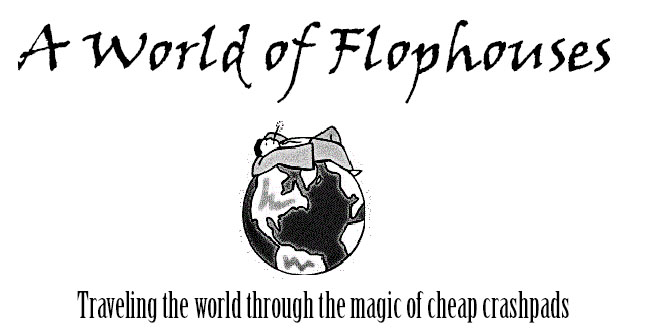
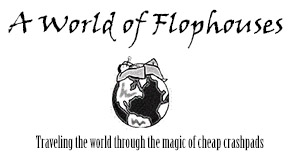
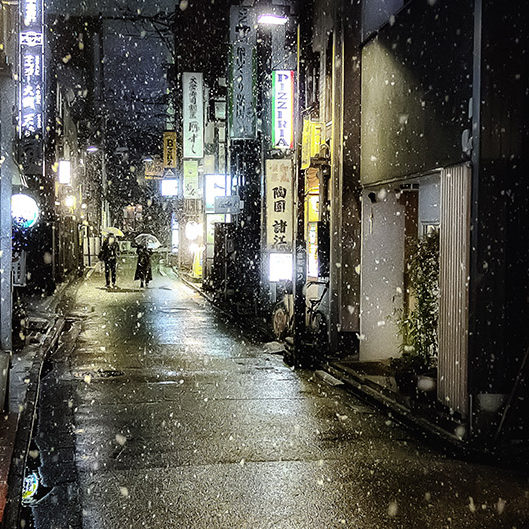
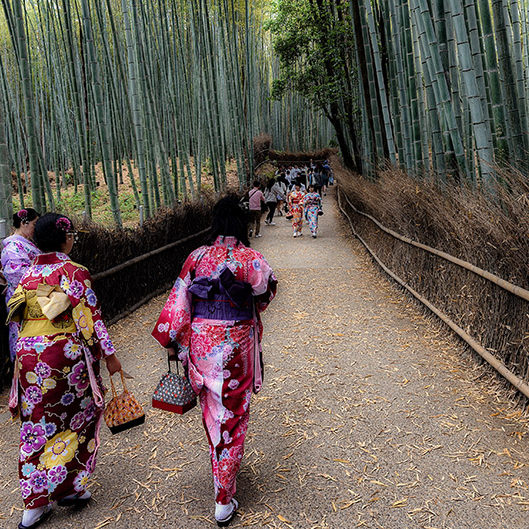
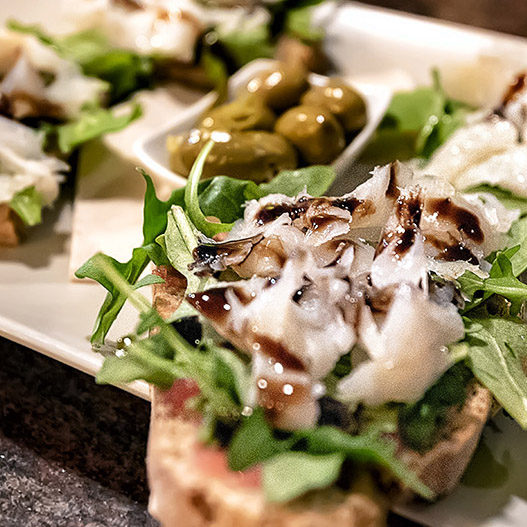
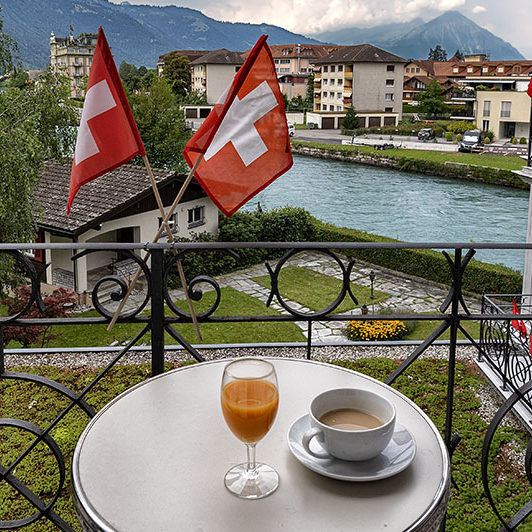
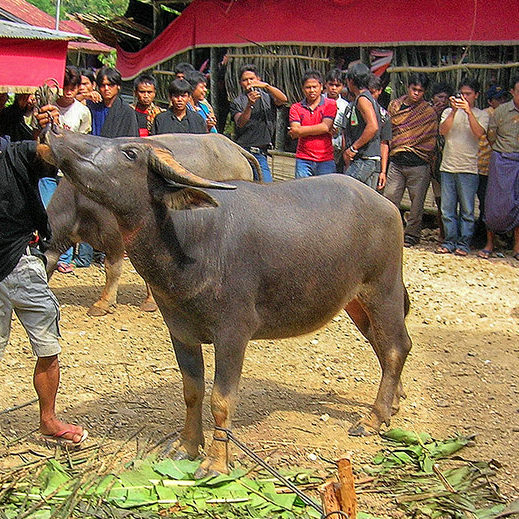
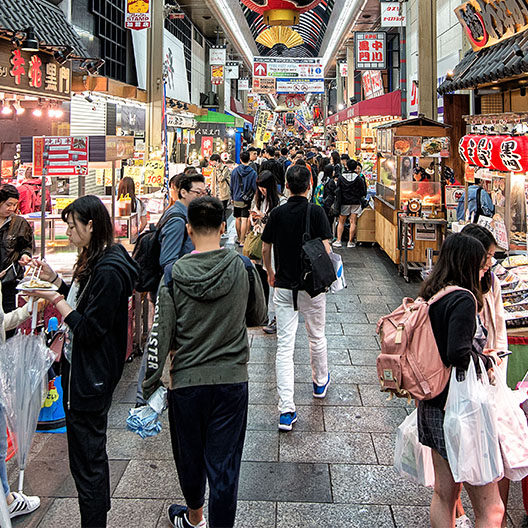
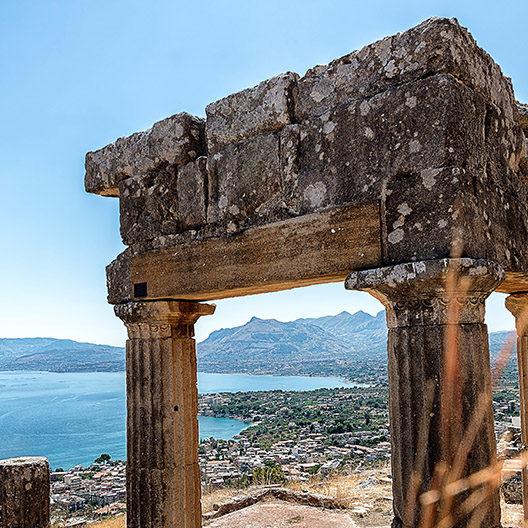
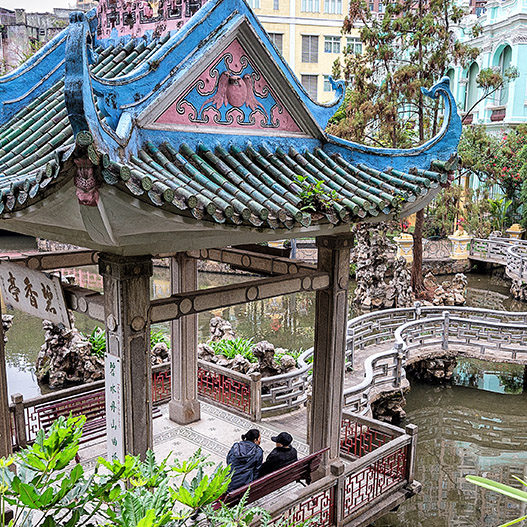
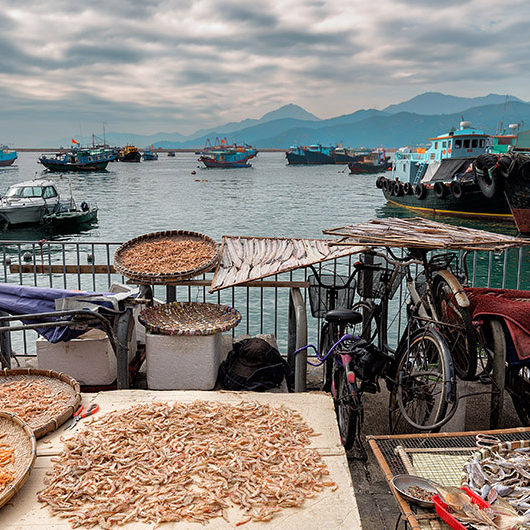
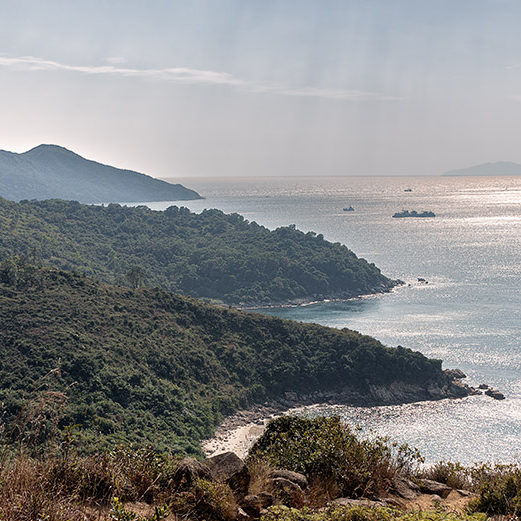
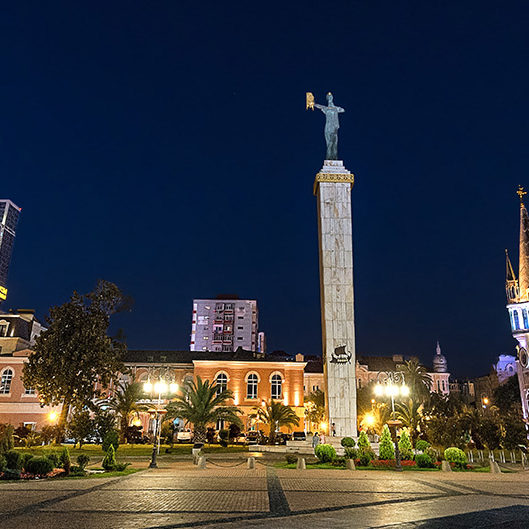
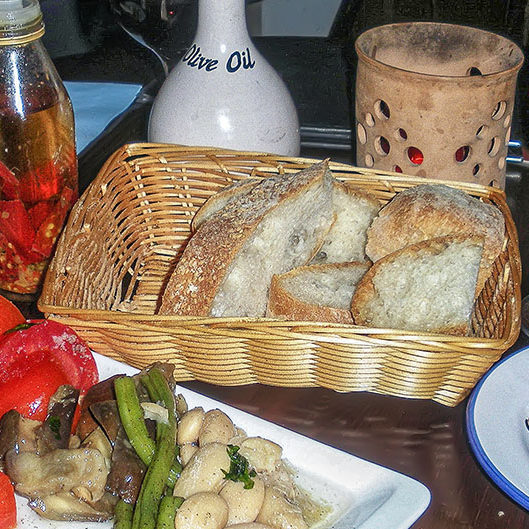
Interesting post and beautiful pictures. I like your choice of title! The craggy shoreline actually gives it a complexity that comes through beautifully on the pictures.
I totally got that drop in my eye and it wasn’t pretty. Moving around slowly was so strange because I felt like I was gliding through baby oil. As for accommodation, my Israeli friend and I slept in her car with mosquitos flying in…flop house on wheels.
That’s a brilliant solution—I like it.
This truly seems like an awesome destination! Thanks for the idea and the inspiration!